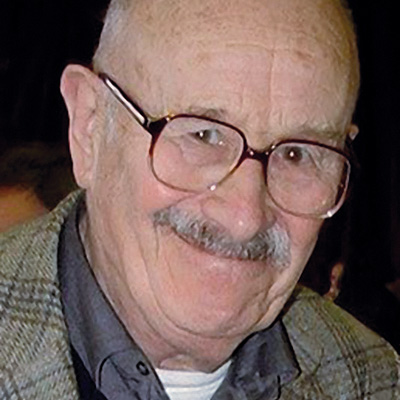Deputy dawgs
They are the boss’ right-hand men and often, crucially, a go-between to the creative team. David Bernstein considers the challenging and complex role of the assistant manager

As a member of the columnists’ mutual admiration society, I wish to praise David James in the sports section of The Observer (27 February). The goalkeeper chose to discuss the role of the assistant manager. The piece was prompted by Ray Wilkins’ departure from Chelsea last November and the coincidental stumble in the Blues’ form. ’How influential,’ asks James, ’is the role of the assistant manager?’
But first, how is that role defined and agreed upon by the manager and his assistant? James, who has observed close up several managers and their sidekicks, is clear. Moreover, his critique is of equal relevance in the creative and business worlds. Read the following definition and think, not football, but a creative department or design team: ’The assistant manager tends to do anything the gaffer doesn’t feel comfortable with – he is a man who can relate to the team, who can play good cop to the manager’s bad cop.’
I witnessed this in New York at the headquarters of the newly created Interpublic, where the coldly efficient Marion Harper was at the helm and the relaxed Sylvester ’Pat’ Weaver had been lured away from NBC to act as his deputy. No two executive directors could have been less alike – thinking man, instinctive man.
This was complementarity at work and, for me, an early lesson in creative management. The boss, a noted research scientist, was an uncomfortable communicator; his deputy, an impresario well practised in working with talent, provided the people skills.
My next lesson came back in London when I was appointed deputy creative director of McCann-Erickson, Interpublic’s main agency. My chief instructed me in my duties. I would deputise when he was away and provide supplementary skills – copy to his art, television to his print. I was also younger and had more in common with the recent intake of creatives.
Though I can’t recall him actually mentoring me, I did learn from him, mostly by noting what, to my mind, he did wrong. The creative director’s job, I soon realised, is to create not ads, but an appropriate environment and an effective department – and that necessitated delegation. Too often he would tackle the juicy assignments personally, shutting his office door and eventually calling in an art director to finish off his rough.
What does a deputy creative director do in a situation like that? As James says, ’An assistant’s role is a complex and challenging one’ [and, paradoxically], ’he’s got to be the manager’s right-hand man and yet he’s got to be the players’ trusted confidante the assistant’s role is to form a bridge between the team and the manager.’ James could have been describing my quandary.
There is another paradox for the deputy. While forming the bridge they may also, wittingly or unwittingly, be responsible for demolishing it by usurping the boss’ position, planning a career move outside or finding themselves promoted – or pitchforked – into the top job.
When I became creative director it was my turn to appoint a deputy. I hired two. Both were older and very different from me – two mentors, in fact. And soon the three of us began training the department. One advantage of employing senior people as your assistants is that they are unlikely to become sycophants. Yes men, as David James warns, ’never get any respect from the players’. My assistants were complementary, rather than the word which sounds the same.
David Bernstein was founder of The Creative Business and is a creative consultant
-
Post a comment




